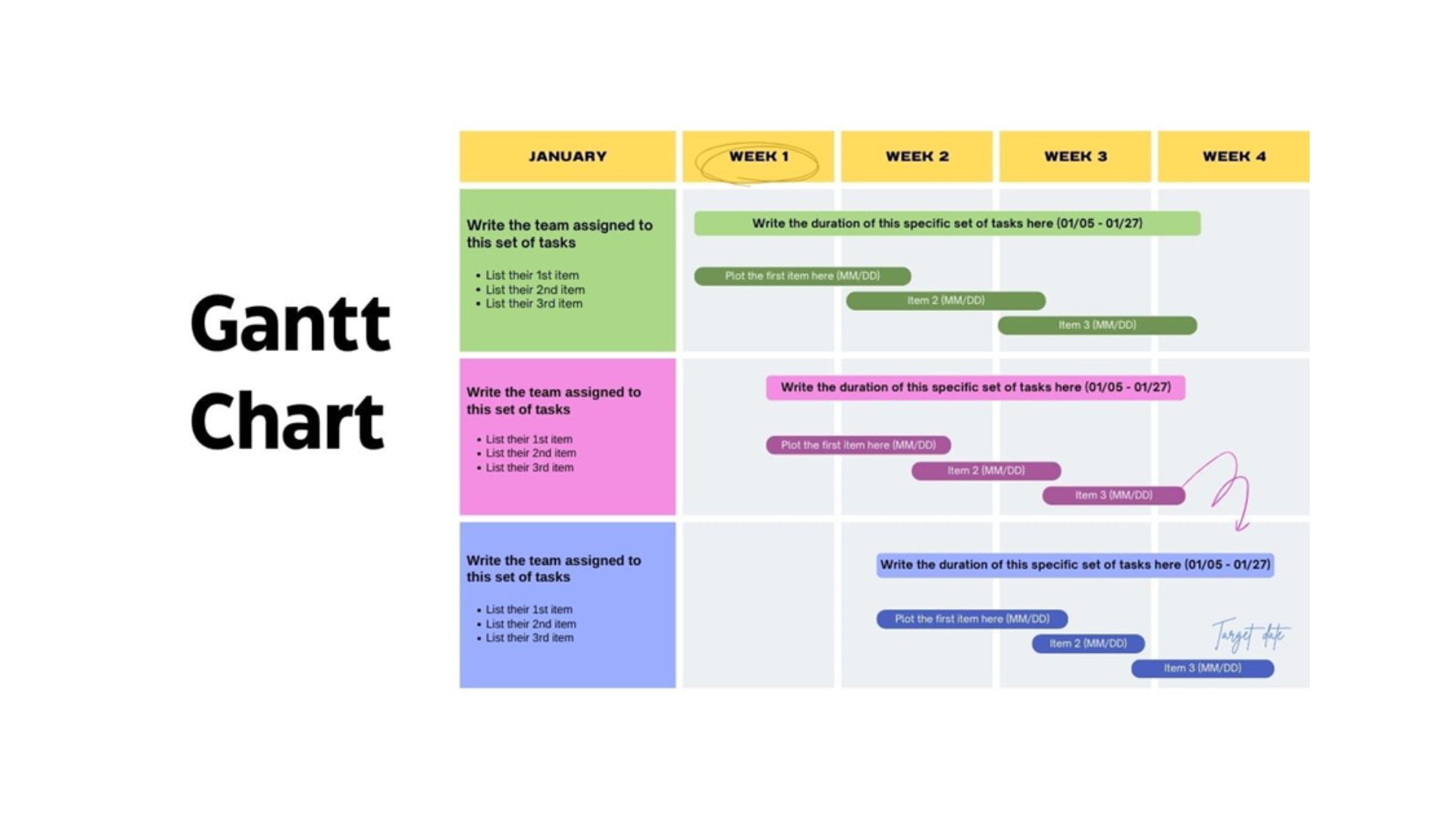Liaison Technologies Launches Data Platform as a Service
Enterprise service bus (ESB) is an outmoded data integration technology that has no place in enterprises in which data comes from a diverse and growing number of applications both inside and outside corporate walls.
“[ESB] is a one-vendor lock-in model that succeeded in the age of monolithic ERP operating on-premise. These … systems cannot keep up with today’s fast moving de-constructed application environments,” said Manish Gupta, chief marketing officer of Liaison Technologies, a provider of cloud-based data integration and data management software, which today introduced the Alloy platform, a “data platform-as-a-service” the company promises will ease data integration woes.
Batch processing and simple structured data are also “artifacts,” said Gupta, noting that data diversity was less common when companies ran their businesses using on-premise ERP systems. However, such ERP applications are being replaced by best-of-breed CRM, HCM, financial/accounting, supply chain and other applications. As applications proliferate, so do disconnected data silos.
In addition, enterprises want to take advantage of emerging opportunities associated with mobility, social applications and the Internet of Things (IoT), which tend to produce massive amounts of unstructured data.
“Enterprises have to operate in real-time with a variety and volume of data never before contemplated,” Gupta said.
While some vendors offer integration platform-as-a-service (iPaaS) solutions, Gupta said iPaaS is a point-to-point integration model that does not scale well.
“… To connect 10 end points, 45 integrations have to be done. And as soon as an end-point changes, the integration effort has to be redone,” he said. “Additionally, the self-service citizen integrator model may create new data silos and cause massive data governance and security challenges for the enterprise. This model forces the enterprise to invest in integration expertise, which is not in the interest of the enterprise; they would rather focus on domain-centric analysis work for agile insights.”
Liaison’s Alloy platform consists of three “building blocks:” data orchestration, data persistence and data visualization. Built on a multi-tenant, micro-services architecture that leverages Big Data technologies such as Hadoop, elastic search and graph databases, the platform incorporates Liaison’s Contivo automated mapping engine.
It runs data profiling and data cleansing algorithms, offers fully managed run-time operations and provides API management for integration and syndication of data, according to the company. In addition, it can connect to variety of business intelligence tools, including applications from Tableau, SAS and Qlik.
Alloy is also designed to accommodate regulatory compliance requirements such as SSAE16/SOC, PCI DSS and HIPAA, according to the company.
The Liaison Alloy platform capabilities are available as a service offering, in which Liaison consults, implements and manages run-time operations. This allows companies to focus more closely on analyzing data for strategic advantage, Gupta said.
“The integration challenge needs to be addressed with people, process and technology,” he said. “The Alloy dPaaS platform enables offerings for integration in a fully managed services model to buffer complexity of this ‘plumbing’ challenge. This is a deliberate approach to maximize return on data assets for the enterprise.”
Founded in 2000, Liaison serves over 7,000 customers in 46 countries.

Public relations, digital marketing, journalism, copywriting. I have done it all so I am able to communicate any information in a professional manner. Recent work includes creating compelling digital content, and applying SEO strategies to increase website performance. I am a skilled copy editor who can manage budgets and people.








